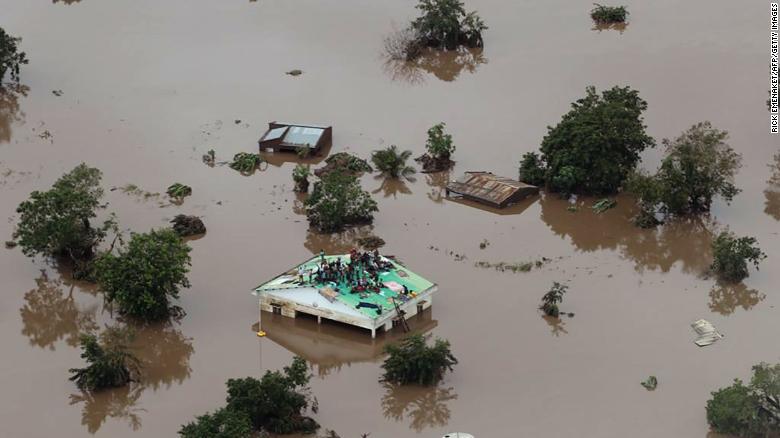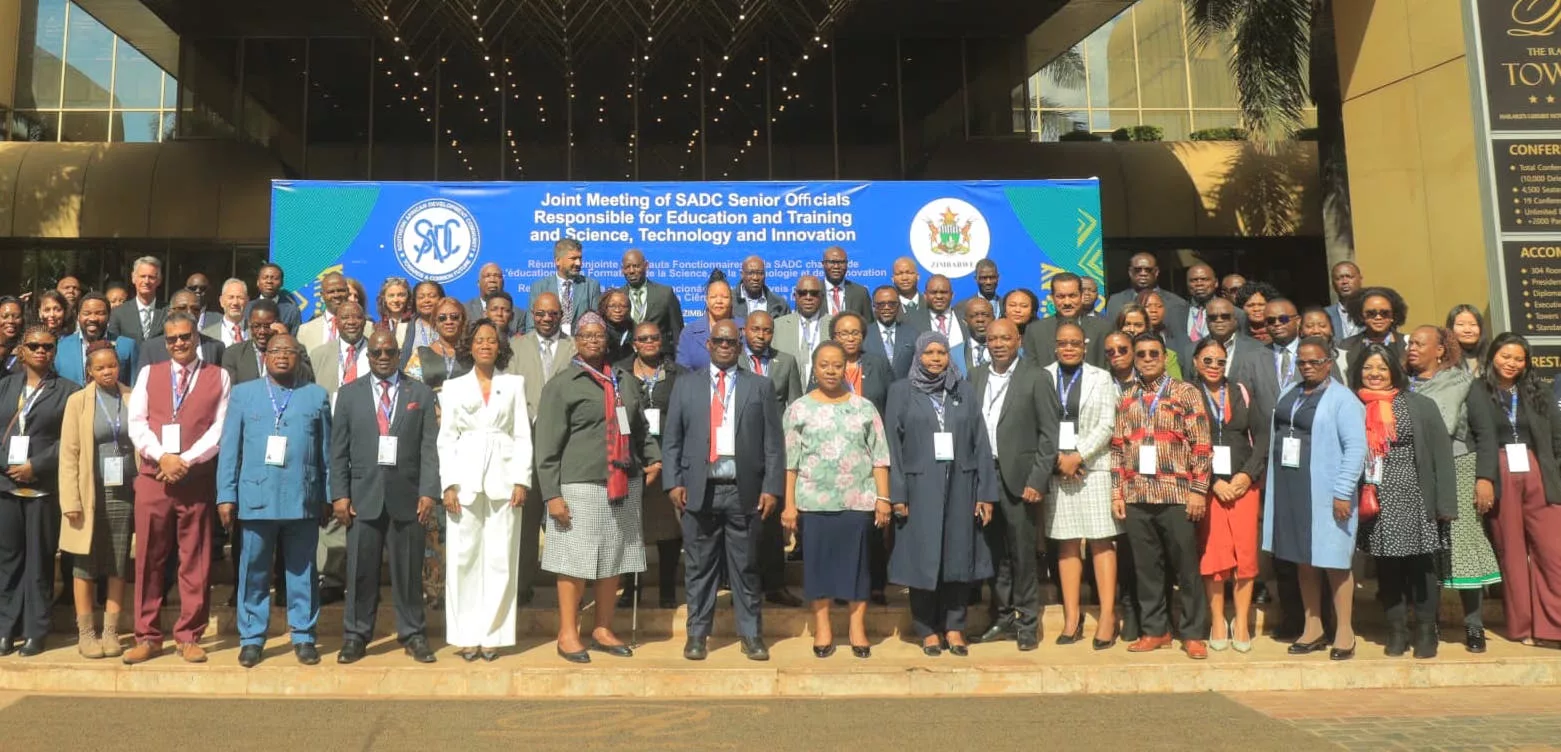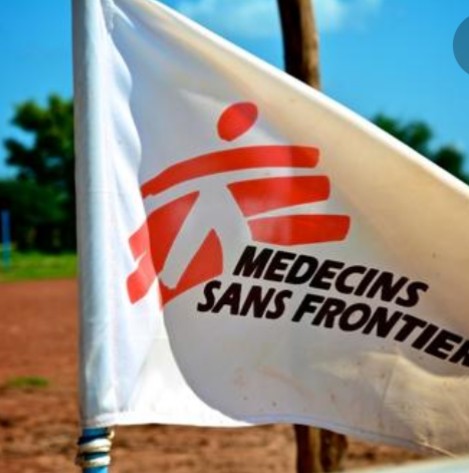UN humanitarian chief Mark Lowcock yesterday allocated US$20 million from the United Nations’ Central Emergency Response Fund (CERF) to ramp up the humanitarian response to Tropical Cyclone Idai in Mozambique, Zimbabwe and Malawi. The bulk of the funding will kickstart the response in worst-hit Mozambique.
The cyclone made landfall near Beira City, Sofala Province in central Mozambique, on the night of 14 to 15 March. Prior to the landfall, the system brought heavy rains and flooding to the three countries resulting in the displacement of thousands of people, loss of life and the destruction of property.
The impact of the cyclone itself upon making landfall as well as its aftermath brought extensive destruction to the Mozambican city of Beira as well as parts of Inhambane, Manica, Sofala, Tete and Zambezia provinces, as river levels rose and caused further flooding. The death toll from Cyclone Idai’s landfall has reportedly risen to at least 84 but could rise above 1,000, according to Mozambican authorities.
In Zimbabwe, the storm caused strong winds and heavy rains in Chimanimani and Chipinge districts causing flash flooding, deaths and the destruction of livelihoods and properties.
In Malawi, over 900,000 people were affected, with 56 deaths and 577 injuries recorded. Almost 83,000 people are estimated to be displaced. Rapid needs assessments are continuing.
“The CERF funds will complement the three Governments’ immediate efforts to provide life-saving and life-sustaining assistance to affected communities, including in health, food security, protection, nutrition and education,” said Under-Secretary-General for Humanitarian Affairs and Emergency Relief Coordinator Mark Lowcock. “Vulnerable groups such as children, women who are pregnant or breastfeeding, people with disabilities, and those affected by chronic illnesses will be prioritised.”
The allocation will also help humanitarian organizations to rapidly support critical logistics and emergency telecommunications and scale up water and emergency health services to reduce the risk of vector and waterborne diseases.
Mr. Lowcock noted that the CERF allocation is a kick-starter but insufficient to respond to the expected rise in the level of need and urged donors to generously contribute to the response to Cyclone Idai. Affected people in the three countries will also require food assistance in the short to medium-term as the flooding occurred in the middle of the cropping season.
CERF pools contributions from donors around the world into a single fund allowing humanitarian responders to deliver life-saving assistance whenever and wherever crises hit.






